Are the Eternals the new Avengers?

Who are the Eternals? What are the Eternals? Why are the Eternals?
The Marvel Cinematic Universe's (MCU) new "team" of superheroes may seem like they're gearing up to be the new Avengers or even the X-Men, but an examination of the characters suggest that beyond the most superficial similarities, the Eternals have a different thematic focus and appeal than other Marvel superhero teams.
When it comes to the Avengers, it is really answering the question of "What if the superheroes we know and love, who are mostly solitary in nature, are forced to work together?".
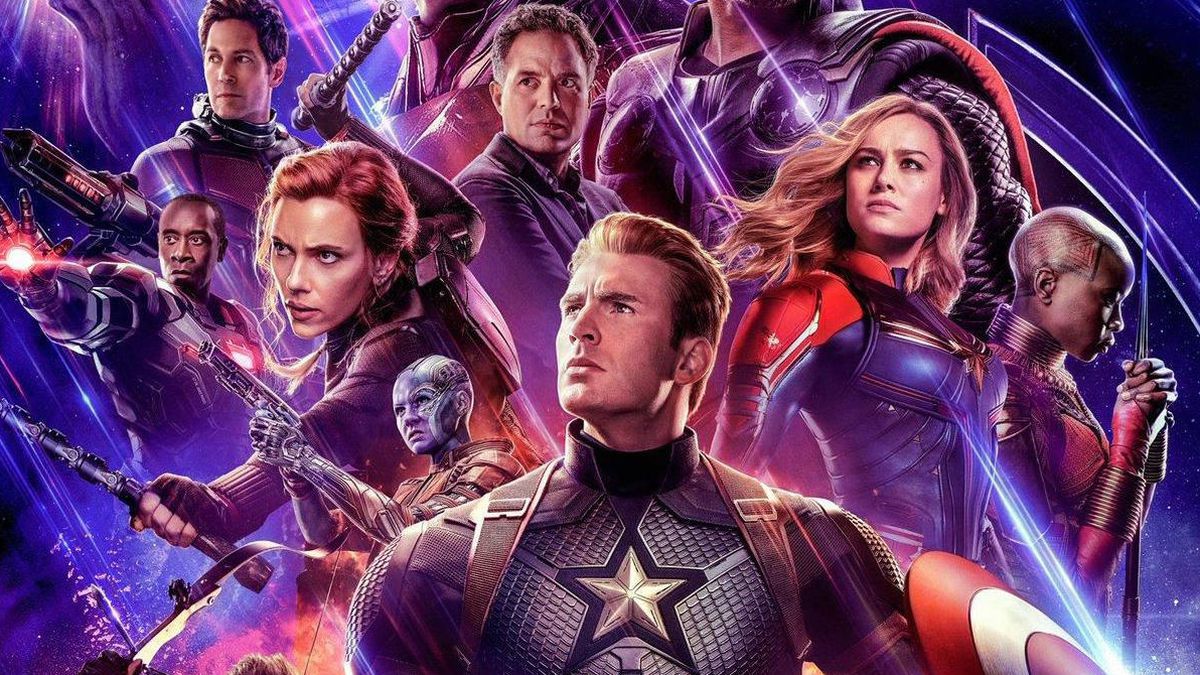
It was what spawned the comics, when the original team came together to fight the Hulk.
Over the years, the roster has changed but the members, from Spider-Man, Iron Man, Captain America, and so on, all have their own individual challenges and supervillains to overcome.
In their own individual comic book titles, their world revolves around them, whether they're aware of it or not.
The focus then, is on each of their own hero's journey, and no matter how well-written they may be, every side character, everything down to every brick on the pavement serves to steer the featured hero towards the conquest of any hurdle along the way.
There is an unspoken, implicit egocentrism to the way solo superhero titles, TV shows and films operate.
The Avengers is an exploration of what happens when those egos come together, and clash. This doesn't necessarily mean that the superheroes are all egomaniacs. Far from it.
Rather, when audiences are used to the heroes each having their own individual series, they inevitably get used to the fictional worlds twisting and contorting to conform to the shape of the spotlight those heroes are hogging.
But when the same heroes, each with their own personalities, appear together and are then forced to share the spotlight, more attention is given to the dynamics between the heroes, and how they each try to find their smaller and not entirely comfortable space within the confines of a cramped spotlight.
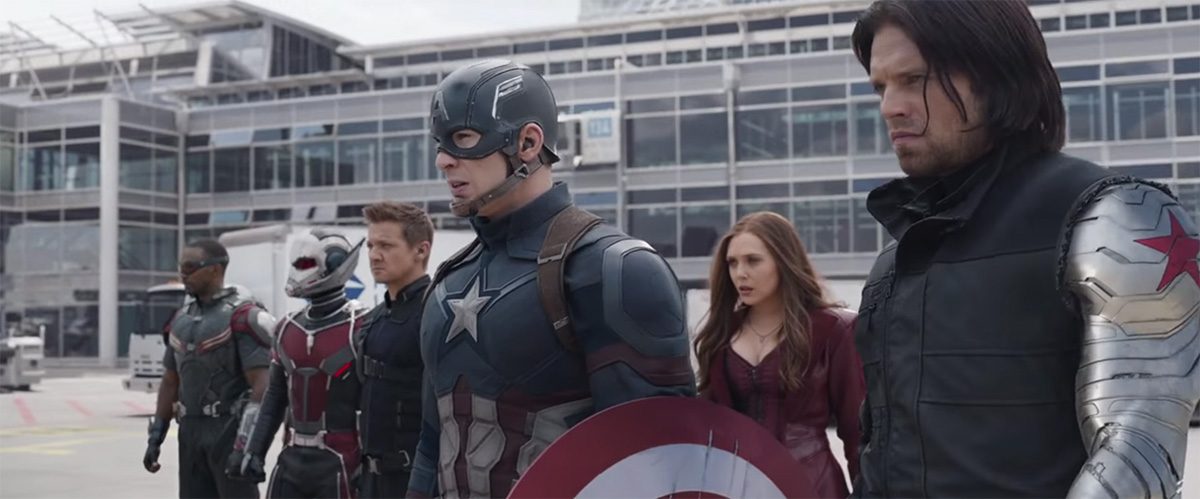
In the MCU, there are few solo superhero films that predate 2012's Avengers, but as audiences, we become invested in the way Hawkeye (Jeremy Renner) and Black Widow (Scarlett Johansson) relate with each other, and with how Black Widow had to ultimately keep the Avengers intact and take on a leadership role she's not used to.
We feel the frustration of Captain America (Chris Evans) and Iron Man (Robert Downey Jr.) being on opposing ideological sides, even though they are both heroes on the side of good.
We see Spider-Man (Tom Holland) somehow still managing to come off as a misfit even as part of a team of fellow superhumans.
These are things that cannot be fully explored or rendered in as much heartrending detail in a single superhero film.
The Avengers films are about the drama and tension that arise from characters colliding with other characters of equal dramatic footing.
As such, while the Avengers films can be seen as fanservice, and they are brilliant fanservice films, that have resulted in new opportunities for stories about these superheroes that weren't available before.
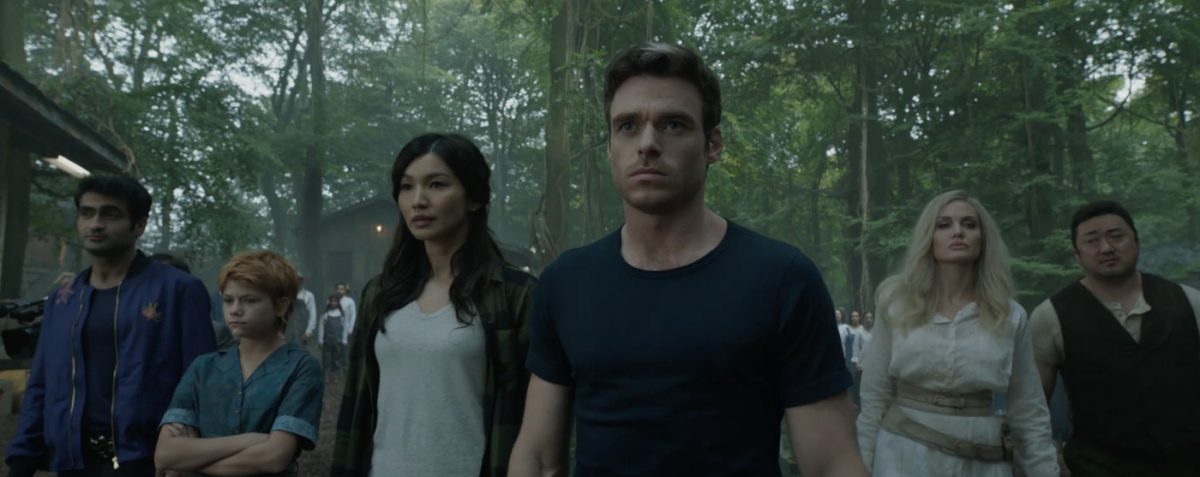
But the Eternals are different, in that when we first know them, they are a single entity and appear as a group.
And as such, while group dynamics and the above-mentioned drama will definitely be part of the equation, that won't be the main focus.
This is because compared to the Avengers, which had dozens of solo films before it to build up anticipation and expectations, the Eternals only have this one film as a starting point.
And given that this will be the way they are introduced to audiences, the characters' collective identity becomes the core of who they are.
Just as we cannot talk about Iron Man without an understanding that he primarily dances pas seul, we cannot talk about any of the individual Eternal without defining them first and foremost by their connection within the group.
There are some who see the Avengers as a modern-day Greek pantheon, but we think it is more accurate to equate these superheroes to the heroes in Greek epics such as the Iliad and the Odyssey.
Their stories are about how human they are, and how they are subjected to the whims of forces beyond them. Instead, the Eternals are more like the pantheon of gods, capricious and flighty in nature.

So, is a group like the X-Men, with a changing roster of mutants, but with a clear common goal to protect homosuperior from the prejudice of mankind a better reference point to compare the Eternals with?
Not necessarily. Thematically, the differences between these two groups are vast.
Stories about the X-Men, on the broadest level, deal with issues of discrimination and the othering of people born different. They are both stories that empower those who feel othered, and are stories that rather explicitly push audiences to be more empathetic.
The central ideological conflict of the X-Men is between that of Professor X and Magneto, both mutants who want the best for their fellow mutants, but with different opinions when it comes to what "the best" entails exactly.
Professor X believes in peaceful co-existence with humans, and strives to prove that mutants are not a threat, but rather, that they too are humans, flaws and all.
On the other hand, Magneto believes peaceful co-existence to be impossible, and that eradication or subjugation of humans to be the solution.
Ultimately, the X-Men is a group that highlights human follies, emphasising human flaws and human struggles, while elaborating on the larger themes in the stories.
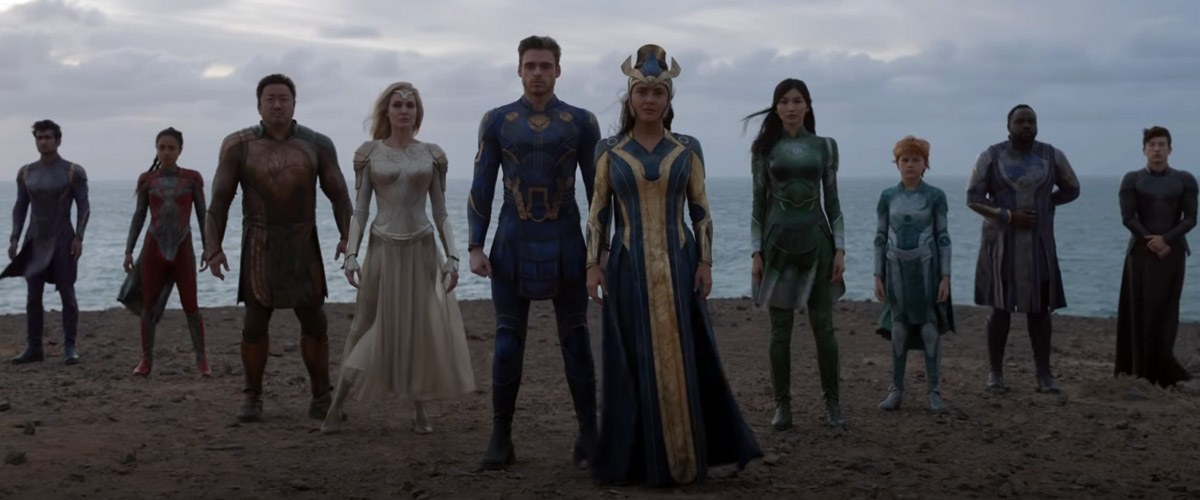
The Eternals are a different beast altogether.
This is due to how the Eternals are essentially godlike immortal figures, which means that on the most basic level, they are not characters that audiences are going to be able to relate to.
They are so strong, that nothing seems insurmountable, and so much larger than life that everything else appears trivial.
As creatures bound by the indifferent march of time, how can we possibly feel for ones for which time is of no concern?
How can we feel for ones who are so powerful, when their level of strength is both unimaginable and impossible to fully grasp?
Writers can anthropomorphise these godlike figures (and they have before, with characters such as Thor), but surely the Avengers and X-Men serve as better vehicles to explore those human themes.
Instead, the Eternals' unique appeal comes in expounding on the universality of human themes.
When it comes to the issues and challenges impossibly powerful characters face, especially when there is a group of them, it is difficult to care about the stakes, or how they feel, and what they do, simply because the scale of their powers is so high.
As someone once pointed out, "Ant, boot." This leads to dramatic detachment from the characters, suspending the audiences in a kind of limbo.
And in that state of limbo, through the behaviours and interactions of the characters, audiences will latch onto what are recognisably human.
For example, in the comics, technically the Eternals have no fixed form. They can freely change their molecular make-up. As such, they are not bound to the limits of their physical, deteriorating flesh vessels.
In not having to struggle with how one's identity is inseparable from one's physical appearance, it suggests that the Eternals' identity, at least as far as physiques go, can be in flux.
Yet, this inhuman characteristic hints at the way many of us often feel lost and uncertain about who we are as individuals in a somewhat abstract way.
This is just one of many possible narrative spaces that the Eternals, as a concept, can dig deep into.
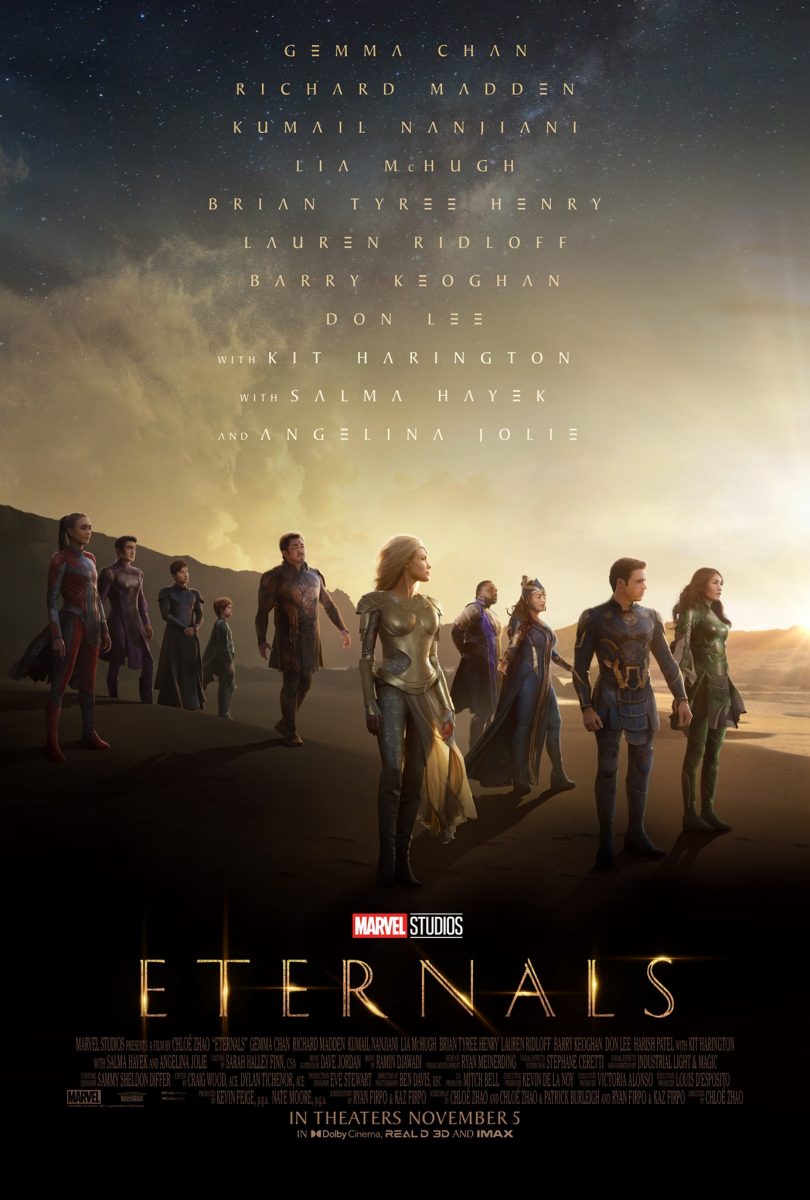
Human traits and themes like these are what the narratives can cast light on.
Because isn't it humbling to see that there are issues and experiences that still persist, even with all the power in the world?
To see not the world in a grain of sand, but a grain of sand through the world?
The Eternals will be a new chapter for the MCU, and here's hoping that they continue unearthing new potential for more diverse and interesting stories to share with the billions of Marvel fans around the world.
ALSO READ: Marvel's Eternals: Who are the Celestials, and where have we seen them before?
This article was first published in Geek Culture.